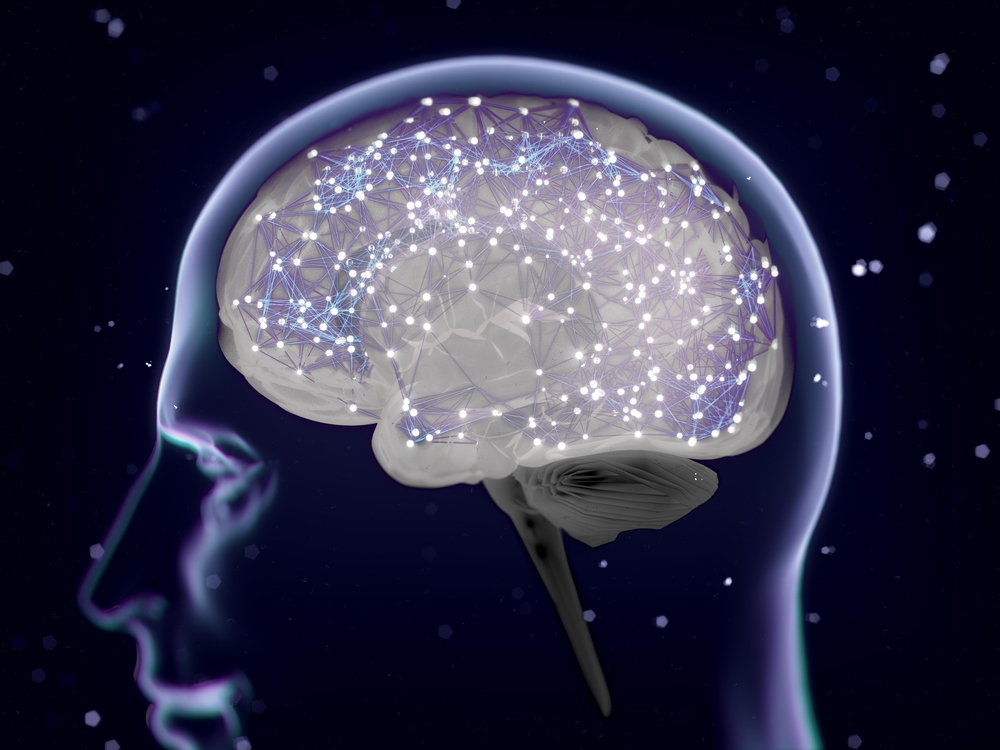Welcome to the Dementia Research Network. This network is composed of a multidisciplinary group that carries out research in the field of dementia. The researchers work on a diverse range of dementia related projects that cover the detection of dementia, patient monitoring, therapeutics, post-diagnostic support and care. They have a variety of backgrounds and expertise can be found in topics that include psychology, biology, pharmacology, chemistry, biomedical engineering, social work and policy).
There are two main themes: 1) Health, wellbeing and care and 2) Diagnostics, disease mechanisms and therapeutics. Click on each (shown below) to learn more about the ongoing research projects in this area.
Please contact us if you are interested in in collaborating on a research project, working with us in some other capacity, or would like to join the network.
If you are a member of the public who is interested in volunteering for one of our research studies, your assistance would be much appreciated and we would be keen to hear from you. We often have studies that require healthy younger and older adults, people with cognitive impairment, people with dementia, and caregivers.





